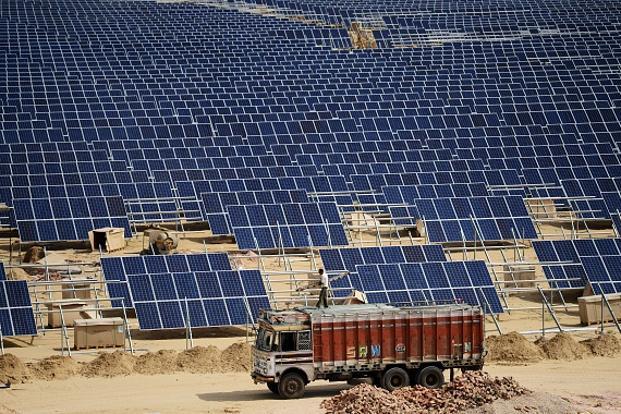In 2016, Rajasthan Assembly approved three important bills for land reforms in Rajasthan,
- Rajasthan Urban Land (Certification of Titles) Bill, 2016.
- Rajasthan Investment Region Bill, 2016
- Rajasthan Land Pooling Scheme Bill, 2016
Rajasthan Urban Land (Certification of Titles) Bill, 2016
The bill aims to provide statutory backing to land records and Rajasthan achieved the status of becoming the first state to pass this futuristic bill. The bill provides that the state residents living in urban areas, which are governed by the municipalities or state development authorities, can seek a certificate of ownership of their lands by paying a nominal fee (0.5% of Land Rate) to the state government.
The state government will set up an authority headed by an Officer from Indian Administrative Services. The authority will seek all the documents from the landowners, and will verify it against records held by the state. It will first issue a provisional certificate, for which the state will not stand guarantee. If there are no objections or dispute arises, the authority will issue a certificate and a map to the owner with state guarantee.
Benefits:
- The Bill will give a clear title to the owner and reduce litigations in the courts.
- It can help in curbing fraud practices in sale and purchase of non-agricultural land in urban areas by issuing a certificate of ownership for a nominal fee.
- It will also help in ease of business as buyers will not have to go into the entire chain of documents. The state will provide an ownership guarantee certificate and will stand by it.
Rajasthan Investment Region Bill, 2016
Rajasthan Investment Region bill replaces the Rajasthan Industrial Area Development Authority Act, 1995, and comes in the backdrop of 2015 Resurgent Rajasthan Summit, wherein the state had signed investment MoUs worth over Rs 3.21 lakh crore.
Features:
- According to the Special Investment Region (SIR) Bill, the state government “may, by notification in the Official Gazette, declare any area of land, including an industrial area, to be a special investment region.” Once the state government has declared “any area of land to be a Special Investment Region” (SIR), the bill empowers “designated authorities” to enter any land or building in that SIR.
- The government can acquire land through the provisions of the Central Land Acquisition Act, 2013.
Benefits:
- Through the SIR Bill, the government seeks to give impetus to all economic sectors, by setting up SIRs, which shall be “large sized regions covering vast areas”.
- This Bill will allow the state government to set up integrated industrial townships in the Delhi-Mumbai Industrial Corridor (DMIC), which runs 150 km on either sides of the 1,500-km dedicated freight corridor. DMIC has 40 per cent area in 22 districts of Rajasthan.
Rajasthan Land Pooling Scheme Bill, 2016
The new Rajasthan Land Polling Scheme Bill is aimed to facilitate acquisition of small land parcels for bigger infrastructure projects. The Act allows an urban local body to pool (club) privately owned undeveloped land with individuals, plan a scheme with infrastructure and other facilities and re-distribute the same land to the original land holders as a newly developed scheme.
Features:
- An authority under the Act will be constituted to carry out land pooling.
- The body will acquire land for development and post developing will return 55% land back to the owners, while, 45 % shall remain with the body.
- Out of the entire developed land:
- 15 % will be used for construction for parks, playgrounds, garden and open spaces and social infrastructure such as schools, dispensary, fire brigade, community facilities, and public utility,
- 15 % will be used for roads.
- 15 % of the developed land will be reserved for sale by appropriate authority for residential, commercial or industrial use depending on the nature of development.
Benefits:
- The cost of land acquisition would also come down as the entire money is not being paid up front but returned in the form of developed land. This will reduce the overall cost of the projects.





